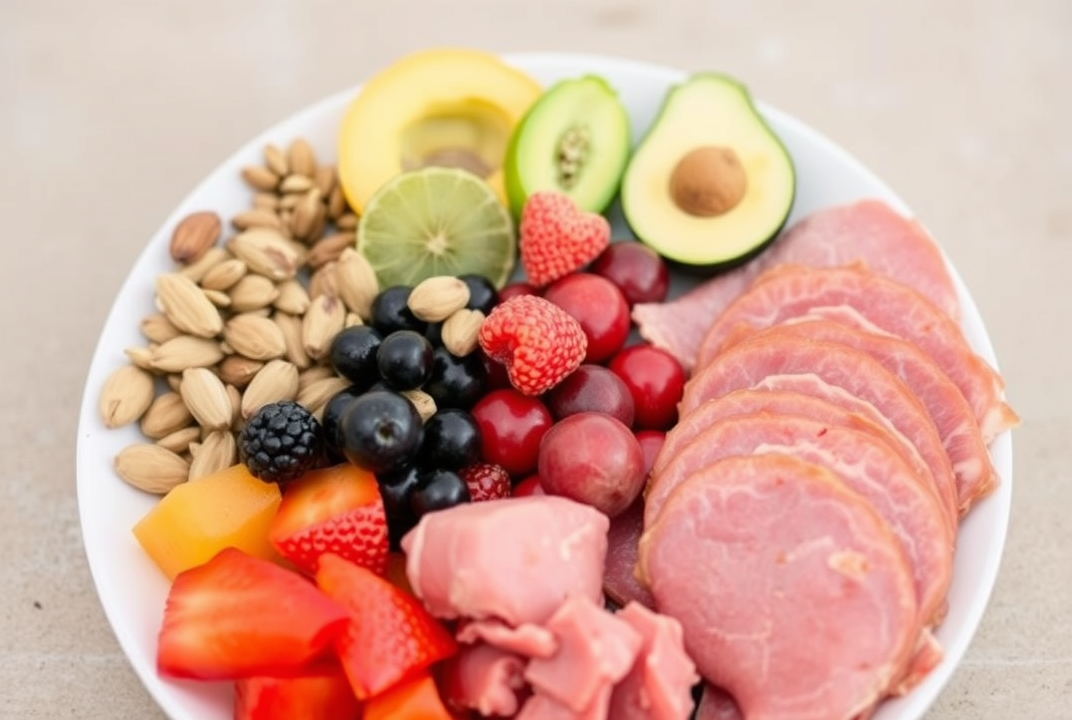Foods to Avoid During a Diverticulitis Flare-Up

Introduction
Did you know that dietary choices often play a critical role in managing diverticulitis symptoms? This condition, which affects the colon, can flare up unexpectedly, causing discomfort and digestive issues. Understanding which foods to avoid during a diverticulitis flare-up can help manage symptoms and support your digestive health.
In this article, we will explore essential dietary considerations for managing a diverticulitis flare-up. By the end, you'll have a clear understanding of which foods to avoid and how these choices impact your digestive system.
Understanding Diverticulitis
Diverticulitis is an inflammation or infection of pouches called diverticula that can form in your intestines. These pouches bulge outward through weak spots in the colon. While they are usually harmless, they can become inflamed, causing pain and complications in your digestive health.
Symptoms of a Flare-Up
During a diverticulitis flare-up, common symptoms include abdominal pain, fever, and changes in bowel habits. The pain is often severe and usually located on the lower left side of the abdomen.
Foods to Avoid During a Flare-Up
Identifying foods that should be avoided when experiencing a flare-up is crucial. Consuming the wrong foods can exacerbate symptoms and hinder recovery.
1. High-Fiber Foods
While fiber is essential for overall gut health, during a flare-up, it's advisable to reduce high-fiber foods. These can exacerbate symptoms and cause more irritation. Foods to avoid include:
-
Whole grains like brown rice and barley
-
Raw fruits, especially those with seeds or tough skins
-
Vegetables like broccoli and cabbage
2. Nuts, Seeds, and Popcorn
These items can be difficult to digest and may irritate or get caught in the diverticula, worsening inflammation.
-
Avoid all nuts and seeds
-
Skip popcorn and any food with hulls
3. Red and Processed Meats
Heavy, fatty meats can be hard on the digestive system, potentially increasing inflammation and discomfort.
Limit red meat intake
-
Stay away from processed meat like sausages and cold cuts
4. Dairy Products
Full-fat dairy products can contribute to inflammation and discomfort. It’s best to avoid or limit products like:
Milk and ice cream
Full-fat cheeses
Alternative Options for a Smoother Recovery
Finding milder, easier-to-digest foods can help in managing symptoms more effectively.
Opting for Low-Fiber Foods
During a flare-up, choosing low-fiber foods can reduce stress on the digestive system.
-
Opt for white rice and refined pasta
-
Include well-cooked vegetables
Incorporating Lean Proteins
Choosing lean proteins helps minimize digestive discomfort while providing necessary nutrients.
-
Consider skinless chicken or turkey
-
Try fish like salmon or cod
Hydration and Liquids
Staying hydrated is essential. Fluids can aid in digestion and prevent constipation, which can aggravate diverticulitis.
Drink plenty of water
-
Herbal teas and clear broths are good options
Managing Flares with Effective Diet Choices
By focusing on foods that do not trigger or exacerbate symptoms, individuals can better manage diverticulitis flare-ups. Avoidance of specific foods is a part of a broader dietary strategy to maintain long-term digestive health.
Conclusion
Understanding which foods to avoid during a diverticulitis flare-up can make a significant difference in symptom management and recovery. By adopting these dietary changes, individuals can often achieve better digestive health and reduce the frequency and severity of flare-ups.
For those experiencing ongoing symptoms, consultation with a healthcare professional for personalized advice is recommended. Taking proactive steps today can pave the way for improved wellness and long-term health benefits.